@Gordon_Freeman
It really depends on the very magazine. Basically, it’s magazines with Ernest as sole moderator where these problems occur. I’d give it a wait.
@Haus
testing
zu testzwecken > this is my favorite alt acc on the fedi
- 55 Posts
- 67 Comments
@bayaz Thank you! This is even worse than I thought! I will try some things out in the near future in order to find a stable way for banning accs.
@bayaz It’s you who gave me food for thought, alongside many other moderators! I only found out yesterday how to properly ban spam accs on kbin.social.
I really appreciate all efforts to grow and take care of communities, be it on kbin, on lemmy, or on mbin! Every day, I try to keep learning from other moderators.
Given the sheer lack of moderation tools, many mods do great work. I hope the situation will improve so that moderatoring will become easier.
@Kierunkowy74
Yes, moderators can access the reports tab within the magazine panel. Every report must include some reason, hence moderators see them. Regarding bans: without giving a proper reason, no ban can come into effect.You can also check the modlogs on kbin and lemmy instances for bans (does not apply to mbin).
@bayaz @jayrhacker
@jayrhacker
Would you elaborate on this?
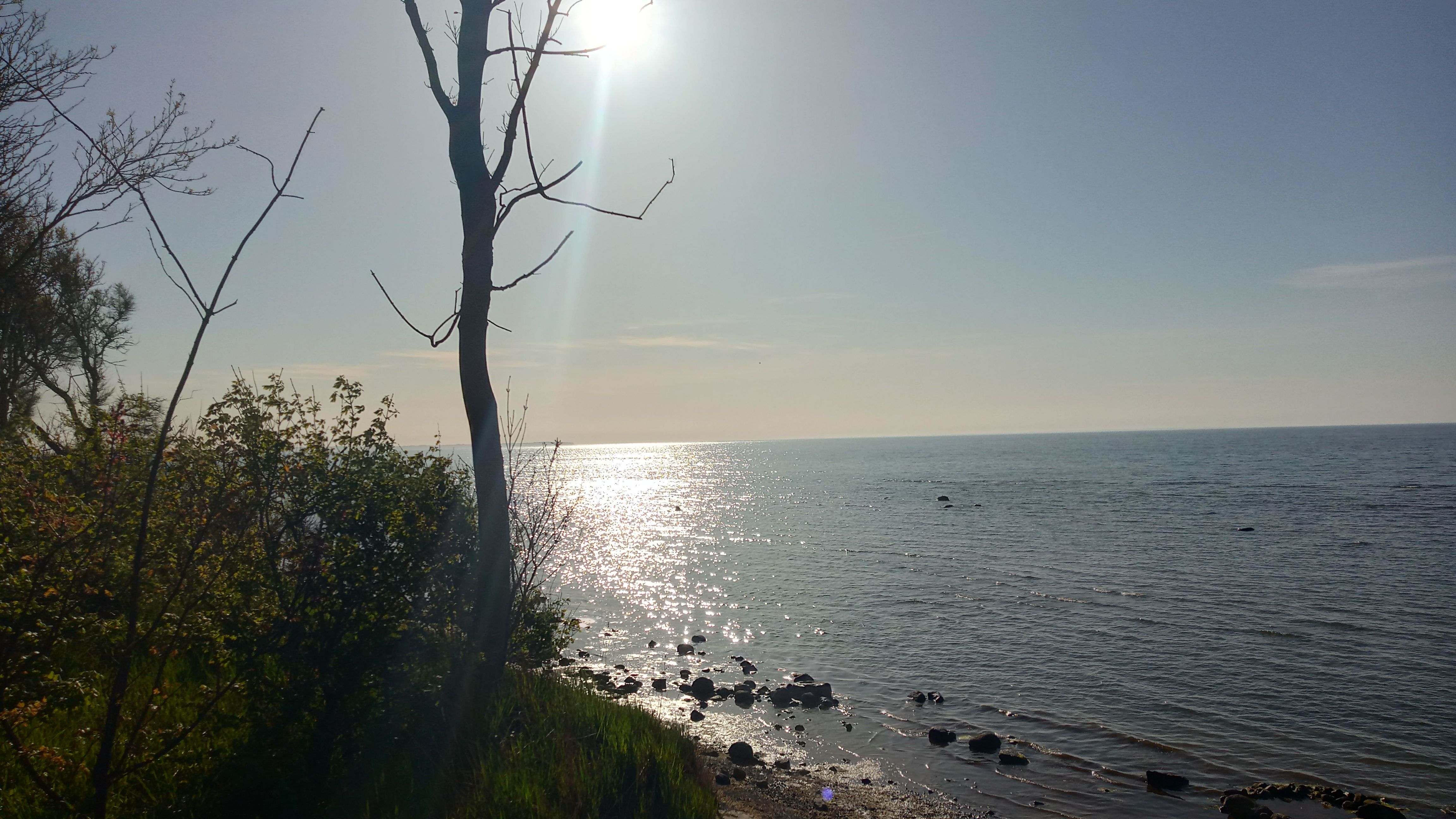
 1·6 months ago
1·6 months agofrom the interview:
“Yehoshua Radler-Feldman, known by his pseudonym R. Binyamin (1880-1957) was a Galician-born, observant Jew, a prominent figure in modern Hebrew literature and journalism, and, although a committed Zionist himself, a sharp critic of the Zionist settler-colonial repertoire of perceptions and practices. He was one of the prominent figures in the movements that called for the establishment of a joint Jewish-Arab political framework during the British mandatory period and criticized the Zionist alliance with and reliance on the British colonial authorities. He also turned against the secular Zionist notion of an exclusive sovereign that reclaimed Biblical Jewish existence in Palestine, while he adhered to traditional Jewish notions of existence in Palestine, Eretz Yisrael, which enabled him to explore the notion of binational existence. Following the establishment of the state of Israel and the Palestinian Nakba, he founded the journal Ner, which served to voice the demand for the return of the Palestinian refugees, and where various representatives of those Palestinians who remained inside the state of Israel (48 Palestinians) published their articles as well.”
 1·6 months ago
1·6 months ago@Anibyl the worst about it: developed countries take advantage of well-educated specialists in their respective fields from lesser developed countries > it’s lesser developed countries which would pay for the education, not rich countries like germany
 2·6 months ago
2·6 months ago@ThatOneKirbyMain2568
truly a long time issue! arrows work for the 2nd page only > same problem occurs in the microblogging section: arrows do not work

 2·6 months ago
2·6 months ago@ThatOneKirbyMain2568
moreover, i would love to see kbin and mbin devs joining forces, thereby reducing each other’s workload :)

 3·6 months ago
3·6 months ago@ThatOneKirbyMain2568
can’t tell how much i enjoy kbin fr 😊i hope that the project itself will become more stable, and that ernest will find someone to admin kbin.social, so that ernest can focus on software development
 1·6 months ago
1·6 months ago@genesis i get your question! what does annoy you the most?
@JohnDClay
massive database issues - stux gives some explanation in the linked thread
 20·6 months ago
20·6 months ago@ernest thank you for all the work you have dedicated to kbin!
i wish you are getting all support needed right now!

 1·6 months ago
1·6 months ago@lacouvee
you are welcome :)re: asymptote journal: it’s a small, taiwan-based project with a down-to-approach > asymptote has not published a new issue for quite some time, but the blog is very much alive, and the asymptote’s archive is a treat, so i keep waiting and stick to the blog in the meantime
re: languages: being german myself, i grew up monolingually, and began picking up some other languages only in my early teens > it absolutely broadened my horizon
 1·6 months ago
1·6 months agofrom the article:
Suhardi was a fisherman for more than 20 years. He first started fishing working on his parents’ boat, but was then asked to join the crew of a shark boat where he was told he could earn a lot of money. Back on deck, he looks embarrassed to divulge what a meager wage it was, but finally confesses he earned around $50 for up to a month at sea.
Now he and 12 other former shark fishermen are part of The Dorsal Effect, an ecotourism company that helps ex-shark hunters find a new vocation. Each week, the team takes groups of tourists, schoolchildren and university students to off-the-grid locations and guides them around pristine reefs. Each trip is designed to take guests on an exploratory journey of both the shark trade and marine conservation through the eyes of the Sasak people of Lombok.
The Dorsal Effect first launched in 2013, a year after Suhardi met Singaporean ecologist Kathy Xu, who had traveled to Lombok to find out more about the shark trade. The diminutive but quietly determined Xu wanted to protect sharks, but because she knew shark fishing was poorly paid and dangerous, she wanted to hear the fishermen’s stories too. They told her how once they could fish for sharks close to shore, but now with the shark population dropping, the fishermen said they needed to travel farther out to sea, only to come home with a relatively poor catch. The reduced catch also meant reduced pay, so they often couldn’t cover their costs.
“Shark fishing is like gambling,” says snorkeling guide Agus Harianto. “Sometimes big catch, sometimes zero catch. The fishermen are always speculating.”
Shark hunters face other risks as well, he says: Traditional boats without GPS can fall foul of international boundaries. “They use the stars to navigate. The first time they know they have left Indonesia is when they see Jetstar flying overhead,” Agus says, referring to the Australian budget airline. “Then, it’s not long before the Australian marine police take them to shore and jail.”
While they were receiving tourists from across the globe, there was another group that Xu wanted to reach out to. “I think it was the teacher in me who felt impassioned about influencing the young,” she says. She reached out to schools and created a five-day program that would help students understand the shark trade and local conservation efforts. During the program, paid for by the school and students, participants would not only meet the ex-shark fishermen so they could ask them about their lives, but also hear from NGOs such as the Wildlife Conservation Society about their efforts to slow the trade. The Dorsal Effect also hired marine biologists to host nightly lectures and help the students with their field surveys.
While The Dorsal Effect has been successful, it has still faced its challenges. When the volcano Mount Rinjani on Lombok erupted, flights to the island were cancelled and their bookings disappeared. The COVID-19 pandemic also hit hard, but the company still managed to pay the wages of the former shark fishermen. Xu worked hard to keep their profile high by giving talks for WWF and TEDx.
Suhardi says he’s pleased he made the change to a new career. “I prefer to take people snorkeling rather than go fishing because fishing is exhausting, and the income is uncertain. I can earn money much faster offering snorkeling trips.”
His son taught himself to fish after watching his father, but Suhardi says this is just for dinner. Suhardi says his son has other career plans. The former shark fisherman reveals with pride that his son wants to be a policeman.
from the article:
The undated letter outlines several concerns, including “the increasing state of public corruption; the high level of violent crime; the [Government’s] failure to provide promised service delivery; unfulfilled promises to the diaspora regarding its involvement in the political process; and the legal defence that diaspora members do not have standing to sue the Government”.
It came above the signature of Dr Rupert Francis, who was identified as chairman of the Jamaica Diaspora Crime Intervention & Prevention task force.
According to the retired Jamaica Defence Force captain, the letter was written on behalf of concerned Jamaicans living in Jamaica and the diaspora and is a call to action.
“I wish to inform you, and by extension, the Jamaican Government, that the diaspora will engage Jamaica’s international partners to seek redress of our grievances. These international partners will include donor countries and organisations and Congressional/Parliamentary committees,” Francis wrote in the letter.
“We recognise that there are issues of corruption. Of course we recognise that there are issues of crime and violence. Of course, we recognise that there are issues with education. But this is where we have to build the country with our capacity as Jamaicans living overseas. To help with best practices and to invest in those start-up entrepreneurs,” said Peat.

 1·6 months ago
1·6 months agofrom the interview:
In June 1975, Indira Gandhi, the third Prime Minister of India, imposed a State of Emergency throughout the country in response to what she called a “conspiracy” against her. Convicted of corruption and threatened by a growing opposition and mass demonstrations, Gandhi acted ruthlessly. Basic civil liberties were suspended, thousands were detained without trial, censorship imposed, and corruption reached new heights. Surprisingly lifted after twenty months, the Emergency became an anomaly in India’s democratic history—and was all but forgotten for many years, except, significantly, from literary fiction.
Refracted in the pandemic emergency, it became clearer in my study that emergencies worldwide are not only similar to past emergencies, but that they are constructed on a template of “emergency”: a structure within which an emergency could be comprehended despite its ostensible singularity. In other words, emergencies are unprecedented, but need to be recognizably so.
Building on existing scholarship, I argue, for example, that the neither-left-nor-right opposition to the Emergency was pivotal in legitimizing the fringe elements of this Hindu right, paving the way to the rise of today’s BJP government. I also show how the mass forced sterilization campaign, which is often seen as emblematic of the Emergency, was in fact a continuation of a long-standing globally-funded project of population control. Relatedly, the Emergency was central to family and class politics in India, revealing that there were individual elite families that need to be guarded and preserved and lower-class families of populations that need to be limited and curtailed.
The question of unprecedented political emergencies brings us to our present crisis in Israel/Gaza. I wish to speak about it with care, both because it is ongoing and shifting all the time, and because I speak of it from a very personal and very painful place. As an Israeli, I am in anguish about the people and places decimated by Hamas’ attack on October 7. At the same time, I am paralyzed by my feelings of shame and complicity in the senseless carnage that Israeli has unleashed on Gaza.
The current deadly violence is not, in fact, either a singular moment of crisis, nor an inevitable result of a two-sided “conflict” in which we must line up to take sides. It is deeply embedded in a complex historical context, inextricable from occupation of Palestinians by Israel, with its attendant apartheid regime and ethnic cleansing.
#india #emergency #corruption #colonialism #civilLiberties #israel #palestine #gaza #war #militarization #violence #histodons

 1·6 months ago
1·6 months agofrom the article:
At the time of his death, he was serving an eight-year prison sentence for a graft conviction.
His attorney, Petrus Bala Pattyona, said Lukas had been diagnosed with acute kidney failure since the start of his legal proceedings and he died at around 10:45 a.m. at 56 years old.
“He was first diagnosed with kidney failure amid the court hearings in October,” Petrus said.
Enembe was arrested by the Corruption Eradication Commission (KPK) on Jan. 10, 2023, as he was trying to flee the country. Since his arrest, Lukas Enembe had been in poor health, leading to his hospitalization. Lukas claimed to have suffered a stroke and kidney failure. After his condition improved, Lukas was detained at the KPK Detention Center.
The Jakarta Anti-Corruption Court found former Papua Governor Lukas Enembe guilty of corruption and sentenced him to eight years in prison on Oct. 19, 2023. In addition to the prison term, he was ordered to return Rp 19.7 billion ($1.2 million) in embezzled state funds and fined Rp 500 million.
During his tenure, Lukas has been accused of accepting Rp 47 billion in bribes from private companies that secured contracts with the Papua government. He also faces a separate indictment related to money laundering allegations after the KPK seized a substantial sum of banknotes worth Rp 82 billion in various denominations from him.
The Financial Transaction Reports and Analysis Center (PPATK) revealed that Lukas made payments totaling 55 million Singapore dollars (US$39 million) to overseas casinos since 2017. This information came to light after analyzing the governor’s financial records at the KPK’s request. At one point, Lukas made a single casino payment of 5 million Singapore dollars, according to the PPATK.
KPK was also investigating allegations of the purchase of a private jet by Lukas Enembe. The KPK suspected that the purchase of the jet was related to the alleged receipt of gratuities and money laundering offenses.
#papua #papuaBarat #westPapua #indonesia #obituary #corruption #colonialism
@itsaj26744
misskey and its cutlery set of forks all have rss support > among them, rss support of firefish and iceshrimp could easily be labeled “rss eye candy of the fediverse”rss feeds on the *keys follow the model:
https://instance.name/@user.rssatom feeds are also available:
https://instance.name/@user.atom
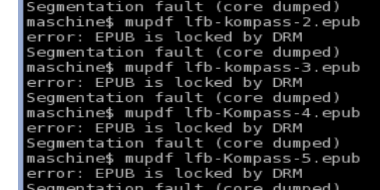



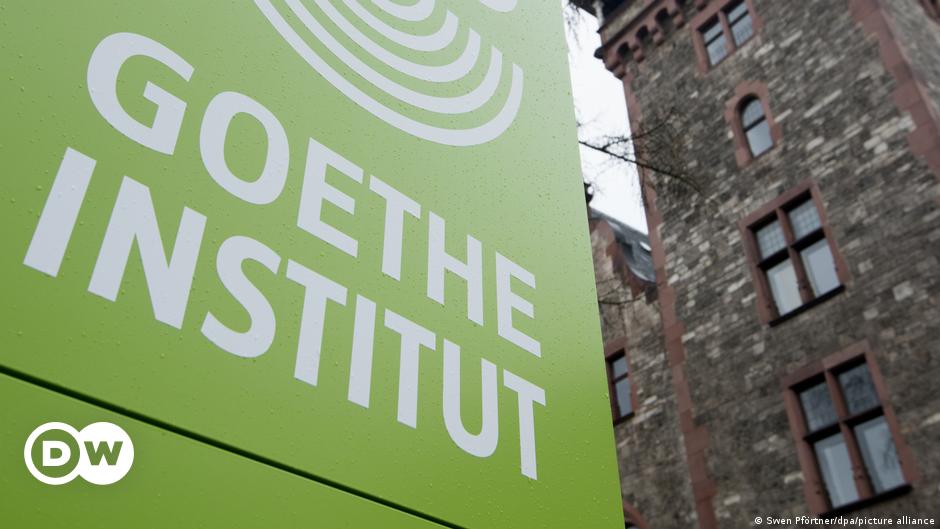
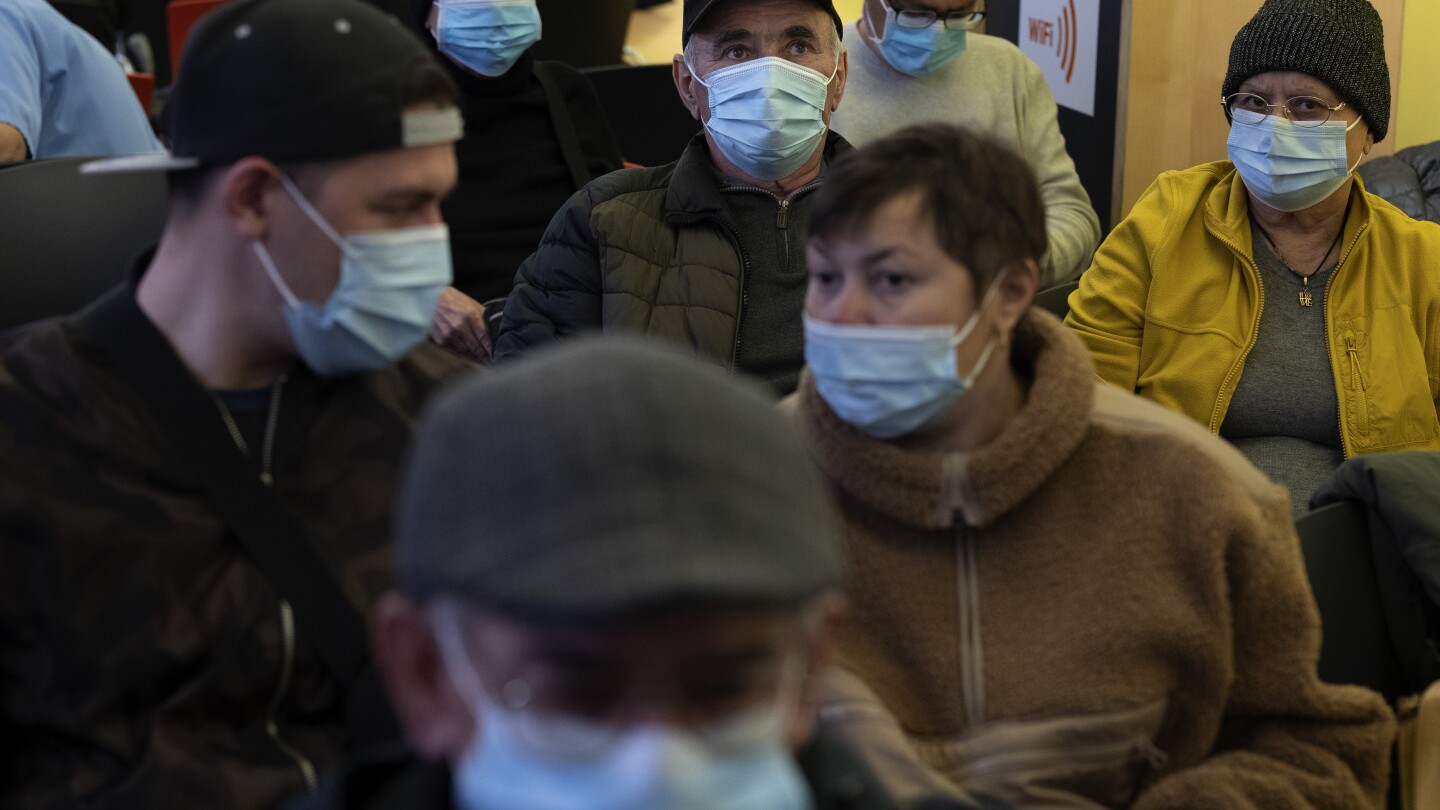
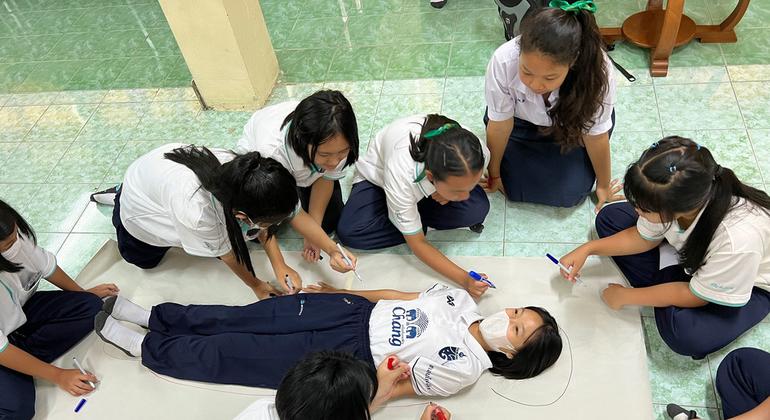


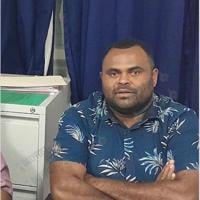
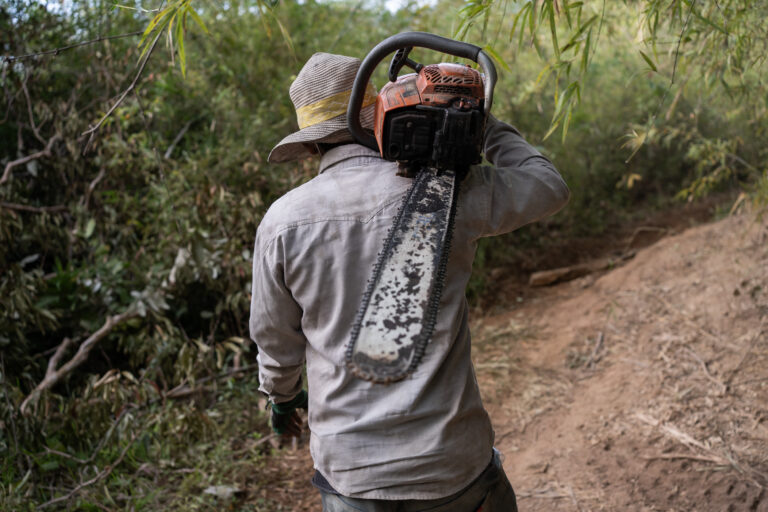
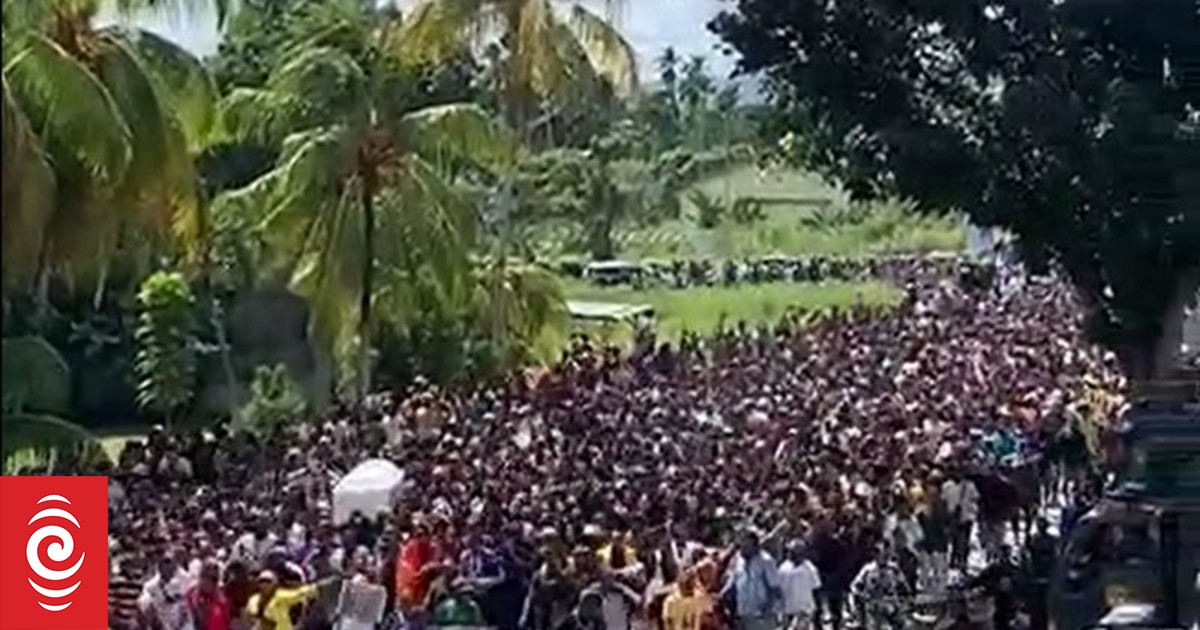
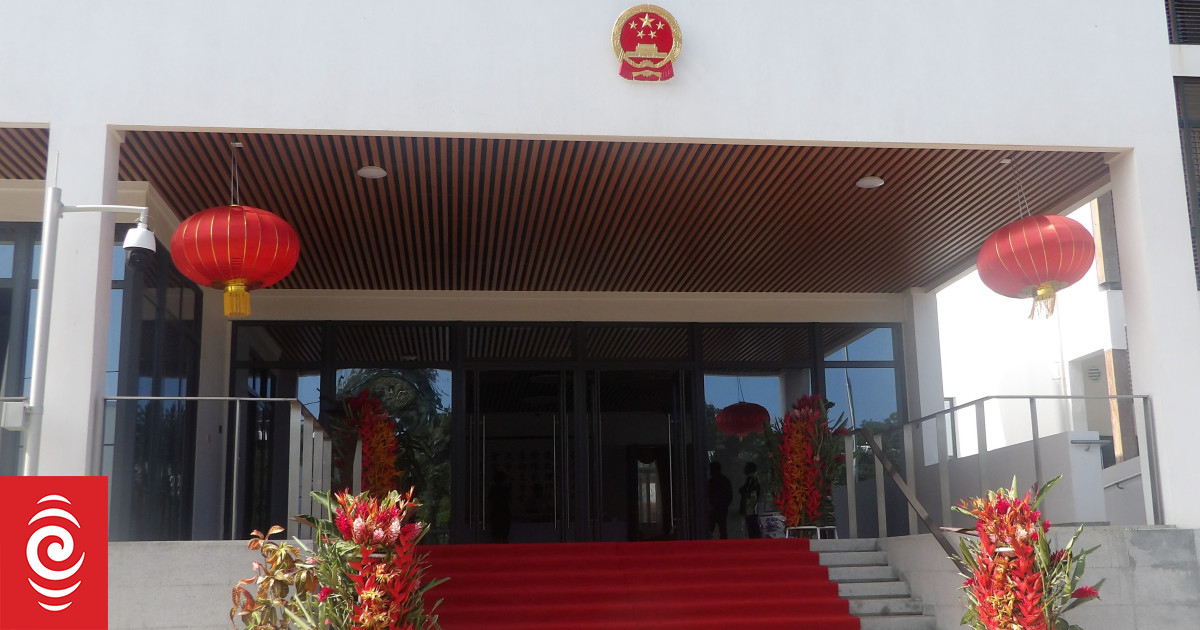
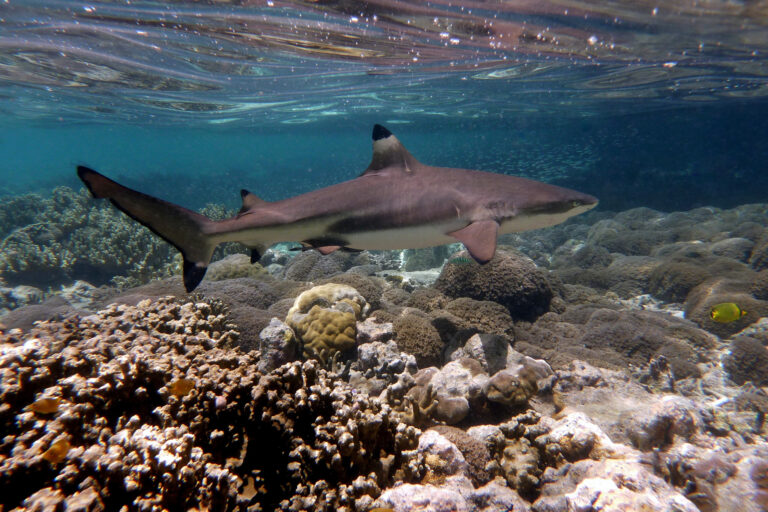


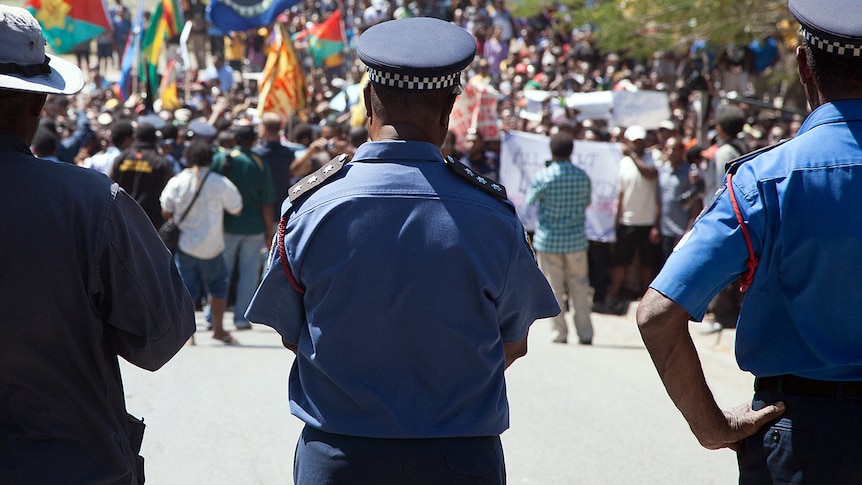

@unofficial_kbin_guide
this is sad! i liked the unofficial guide!